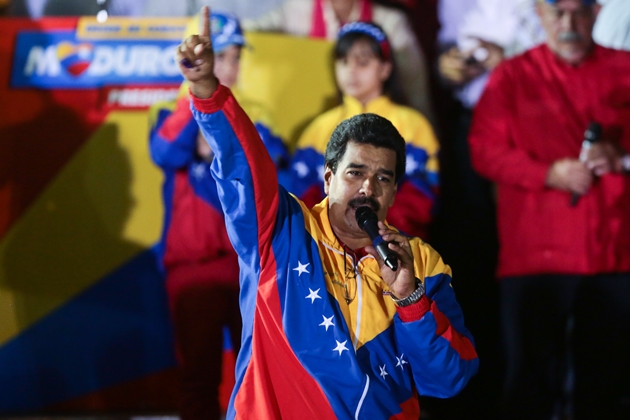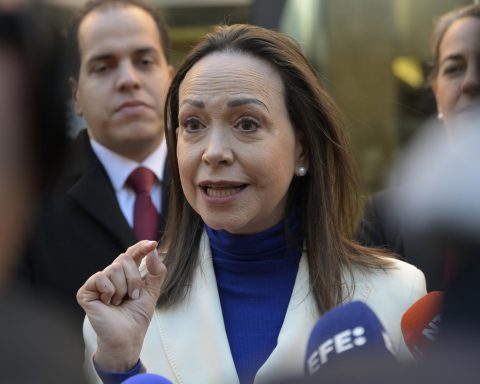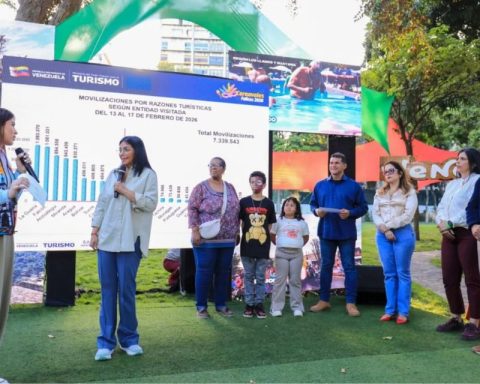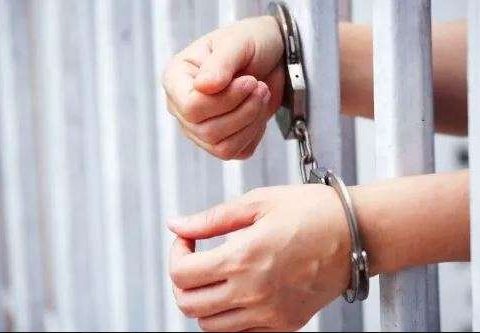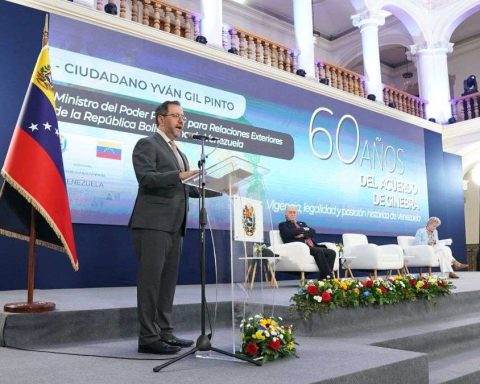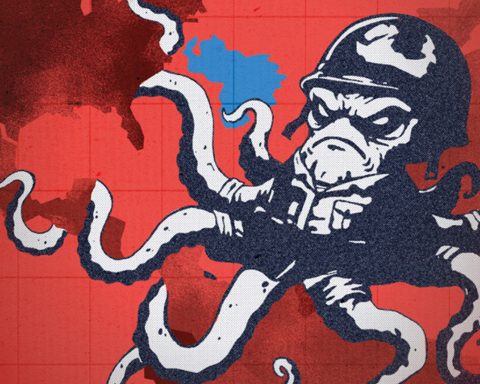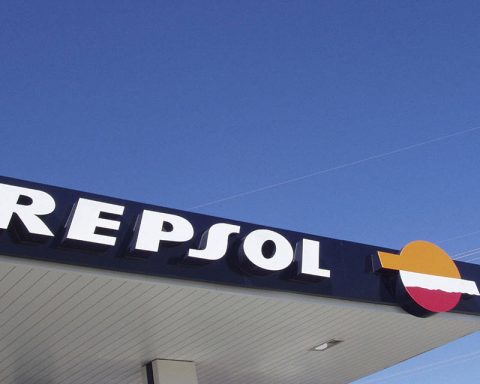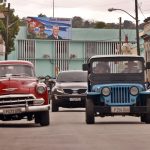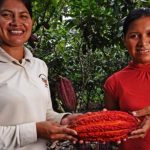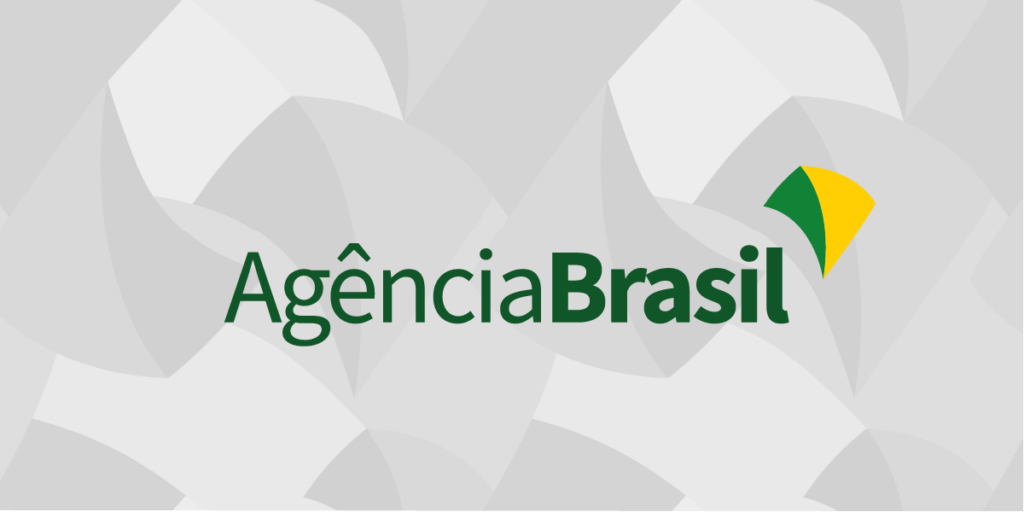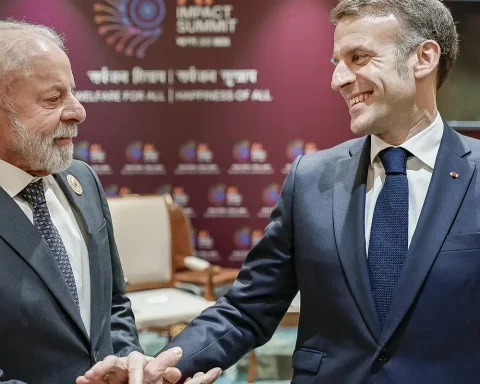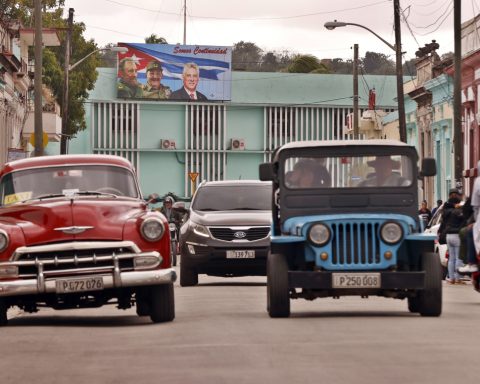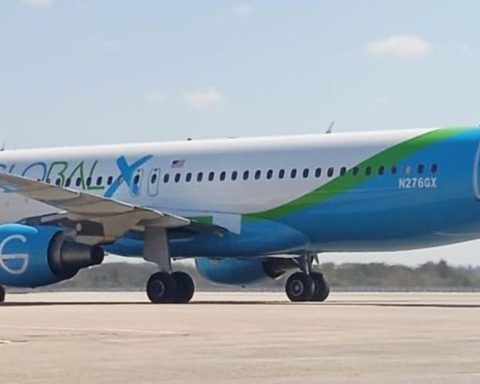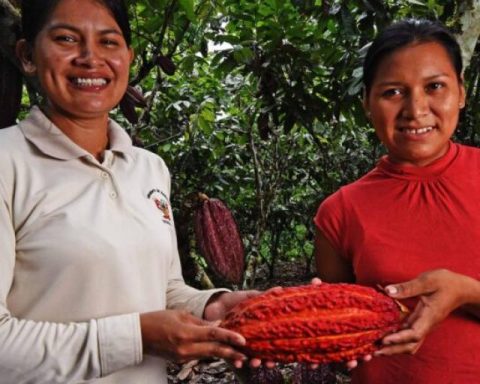On April 14, 2013, Nicolás Maduro formally took over the baton left by Hugo Chávez Frías in leading the country and consolidating the Bolivarian Revolution, after winning the presidential election that day with 7,587,589 votes, which which represented 50.61%.
Despite his victory, the President has had to fight permanently in these 10 years, not only against those who in the first days after that date launched a ferocious campaign of hate and violence in their desire to disavow his legitimacy, but also against factors of the international right who have planned and carried out innumerable actions to remove him from power, even with a attack on August 4, 2018, during a commemorative act of the anniversary of the Bolivarian National Guard on Bolívar avenue in Caracas.
Despite the innumerable setbacks, especially the restrictions and coercive measures in the economic and commercial spherethe president has managed to maintain one of Chávez’s main offers: to govern for the people with policies of inclusion and participation and, in turn, support him with social programs that cover all sectors.
To the commander’s plans, Maduro added other aspects of interest such as the repeated call for dialogue with the political opposition to consolidate peace in Venezuela.
This proposal, despite the good will of some sectors of the so-called “democratic opposition”, has suffered ups and downs due to pressure from the radical right and from the United States, with the accompaniment of the European Union.
new missions
The government of Nicolás Maduro has been characterized in the last decade by giving continuity to the social programs initiated by the Bolivarian Revolution with President Hugo Chávez Frías.
These plans are represented in the so-called missions and great missions created as of 2013, among which the Great Homes of the Homeland Mission stands out, whose fundamental objective is to protect the most vulnerable families in the country, guaranteeing them well-being and stability, through the granting of subsidies, destined for food and health , in order to serve groups in situations of extreme poverty or in situations of vulnerability.
Economic development
Another of the advances during the last decade was the implementation of the 18 motors of the Economic Agenda, planned for the period 2023-2030.
The objective is to give impetus to non-traditional economic factors to put aside the so-called “oil rentierism” and promote areas such as tourism, agro-industrial production and the development of science and technology.
